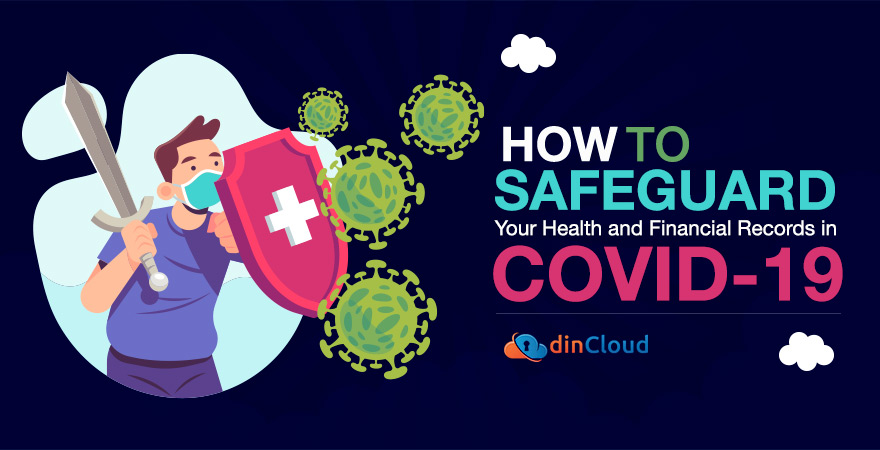The pandemic has drastically changed the way we go about our day to days tasks. Countless items that were accomplished physically are now being conducted over the web. While doing so protects our physical selves from harm, our digital assets may not be safe.

We have been forced to adapt at such a knee jerk pace that security at times goes into the backdrop. Sometimes, we get so anxious to complete an outstanding task or project that we may ignore the cyber risks associated with such a move.
Who is Exploiting Digital Vulnerabilities?
It would be nearly impossible to pinpoint exactly which malicious actors out there are trying to grab hold of your information. The simple answer to this question is, countless. A multitude of threat vectors are being hurled at us, with the aim that one might strike.
Just to name and highlight a few of these threats, we’ve got malware, ransomware, identity theft, phishing and many similar threats. Perpetrators of these are constantly on the lookout for unsuspecting victims or networks with inherent vulnerabilities.
Healthcare Providers at the Helm of Attacks
While this may come as a total shock for some of you, cyber miscreants are stopping at nothing to inflict harm to our digital information out there. If you don’t side with this view, perhaps seeing that even healthcare is not spared might change your mind.
Ever since the onset of the Covid-19 pandemic, healthcare providers globally have been the prime target of cyber criminals. Most miscreants out there were well aware that the healthcare sector has been the hardest hit from the pandemic.
While health care providers were working day in and day out for us, putting their lives on the line, cyber criminals were at work to discover the slightest gap in cyber security to grab a hold of sensitive medical records.
Ryuk – A Healthcare Specific Malware
Cyber thugs have come up with the “Ryuk” malware that’s been designed specifically to target the networks of hospitals across the globe. Till date, nearly four hundred healthcare institutions have been targeted.
So what exactly does Ryuk do once it sneaks past your security protocols, it simply encrypts all medical records and they would remain in this unintelligible state unless the affected hospital or health related institution pays a ransom to the perpetrator.
Financial Records – “A Prized Target”
Imagine for a moment the horror of your credit card details slipping over to a miscreant either by mistake or misrepresentation. For this reason, financial records are also an equally valuable target for cyber criminals across the globe.
So, are you safe from these threats as a common web user? Well, not to a full extent but if you adopt the following two guidelines, you will be able to protect yourself from most of the malware and ransomware lurking out there.
Watch out for Phishing Emails
These emails are designed in a way that they appear to have originated from a trusted source. Such emails might also be accompanied with a sense of urgency, so that you straightaway proceed with executing the malware erroneously.
So, the best defense against such emails is to never open them unless they are from a completely trusted source. Strictly avoid clicking on various links deviously embedded here and there in the body of such emails.
Regularly Check Your Back-up and Restore
Most of you would be familiar with the concept of backups. A lot of you might also maintain regular backups of your data, should anything go wrong. But what we seldom do or never do at all is, ratify those backups by performing a successful restore.
Unless you do this critical step, your backups may turn out to be good for nothing and the whole exercise would go in vain. So, by following these simple guidelines, you can protect your health, financial and other important records from cyber miscreants.
dinCloud – A Secure Cloud Provider
If you find cyber security a bit overwhelming, which at times it truly is, why not rely on a trusted Cloud Service Provider for your organization’s needs. Our Cloud Hosted Solutions come with multiple layers of security and intelligent safeguards.
Contact dinCloud for any further details please.


